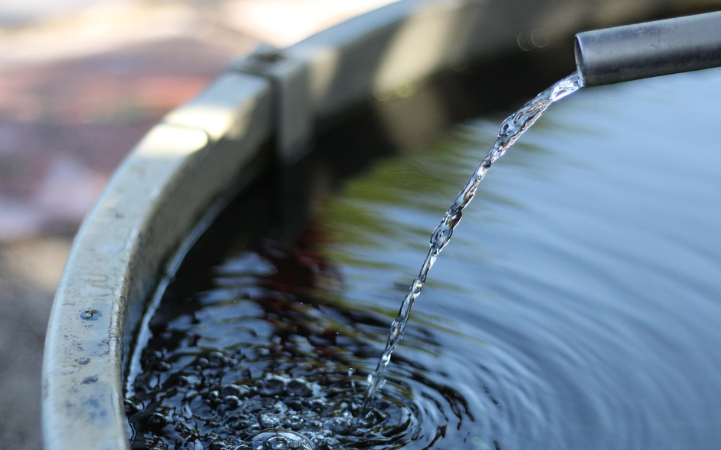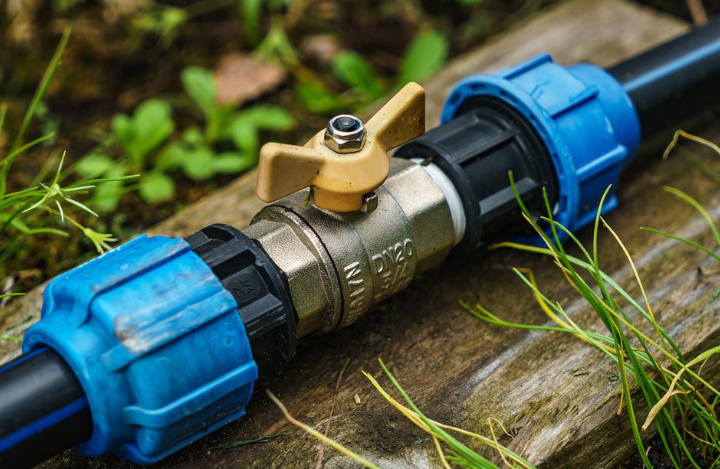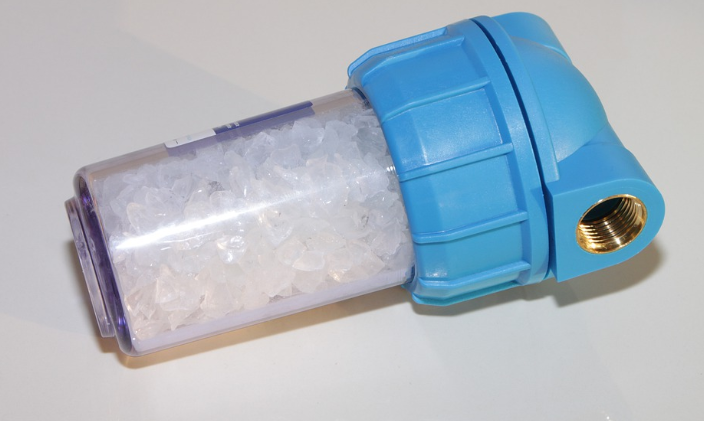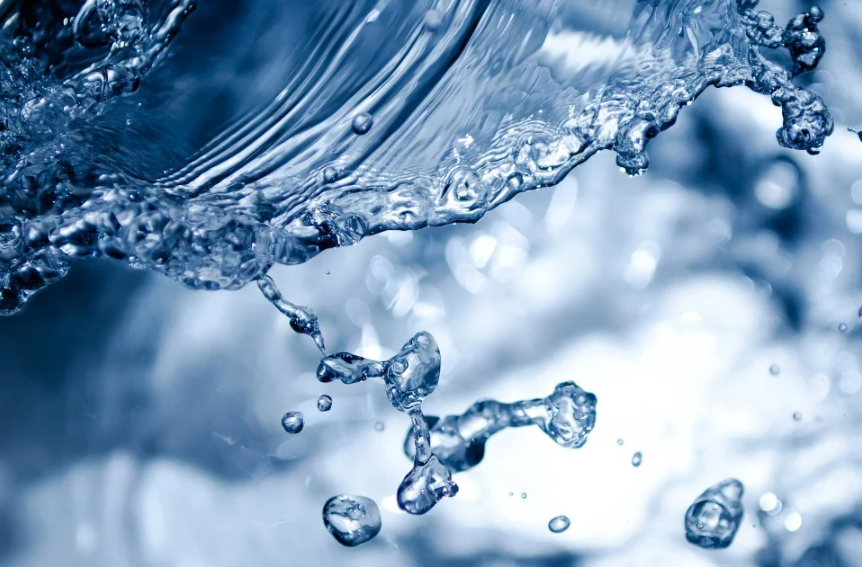
Water is a vital part of our lives, and it’s important to make sure that we’re drinking clean water. Not all water is created equal, however, and some water contains more impurities than others. That’s why it’s important to have a water filter to remove these impurities and make your water safe to drink. In this blog post, we will discuss the different types of water filters available on the market today. To know more, visit gripelements.com.
Mechanical Filters
 One of the most common types of water filters is the mechanical filter. This type of filter works by trapping impurities in a physical barrier, such as a mesh or screen. The water is then able to pass through the filter, leaving the impurities behind. Mechanical filters are effective at removing large particles from your water, such as dirt and sediment. One downside of mechanical filters is that they can become clogged over time and must be replaced or cleaned periodically. Another downside is that they are not effective at removing smaller particles, such as chemicals or bacteria.
One of the most common types of water filters is the mechanical filter. This type of filter works by trapping impurities in a physical barrier, such as a mesh or screen. The water is then able to pass through the filter, leaving the impurities behind. Mechanical filters are effective at removing large particles from your water, such as dirt and sediment. One downside of mechanical filters is that they can become clogged over time and must be replaced or cleaned periodically. Another downside is that they are not effective at removing smaller particles, such as chemicals or bacteria.
Absorption Filters
Absorption filters are designed to remove impurities from water by trapping them in a porous material. The most common type of absorption filter is the activated carbon filter, which is made of tiny pores that trap contaminants as water passes through them. Activated carbon filters are effective at removing a wide range of contaminants, including chlorine, lead, and mercury.
Sequestration Filters
 Sequestration filters are designed to remove dissolved minerals from water. This is accomplished by passing the water through a bed of media that selectively removes the minerals.
Sequestration filters are designed to remove dissolved minerals from water. This is accomplished by passing the water through a bed of media that selectively removes the minerals.
The most common type of sequestration filter is a reverse osmosis (RO) system. RO systems use a semi-permeable membrane to remove dissolved minerals, including salts, from water.
Ion Exchange Filters
Ion exchange filters are one of the most popular types of water filters. They work by exchanging ions in the water with ions from the filter media. This process removes impurities from the water and makes it safe to drink. Ion exchange filters are available in a variety of sizes and styles, so you can find one that fits your needs.
Reverse Osmosis Filters
 Reverse osmosis filters are designed to remove impurities from water by forcing it through a semi-permeable membrane. The pores in the membrane are small enough to allow water molecules through, but not larger particles such as contaminants or minerals. Reverse osmosis is one of the most effective ways to filter water and remove impurities. It is often used in commercial and industrial settings but can also be used in the home. Reverse osmosis filters require regular maintenance and replacement of the filter cartridges. They can be costly to operate but produce high-quality water.
Reverse osmosis filters are designed to remove impurities from water by forcing it through a semi-permeable membrane. The pores in the membrane are small enough to allow water molecules through, but not larger particles such as contaminants or minerals. Reverse osmosis is one of the most effective ways to filter water and remove impurities. It is often used in commercial and industrial settings but can also be used in the home. Reverse osmosis filters require regular maintenance and replacement of the filter cartridges. They can be costly to operate but produce high-quality water.
Water filters are an important part of any household. They help to ensure that you’re drinking clean, safe water. There are a variety of different types of water filters available on the market today, so it’s important to choose one that fits your needs. We have discussed some of the most common types of water filters in this blog post.…


 Almost all of the water produced in and around cities goes to households, who often waste it. They are running out of water to replenish themselves as the population grows. Constructing new supply resources costs tens of thousands of dollars that many agencies don’t currently have. Instead of building more, it is better to reduce demand by asking them to use water efficiently. Homeowners can use these new “flush” approaches to purify water that is still considered clean, thereby reducing their specific demand.
Almost all of the water produced in and around cities goes to households, who often waste it. They are running out of water to replenish themselves as the population grows. Constructing new supply resources costs tens of thousands of dollars that many agencies don’t currently have. Instead of building more, it is better to reduce demand by asking them to use water efficiently. Homeowners can use these new “flush” approaches to purify water that is still considered clean, thereby reducing their specific demand.  Another type of system diverts used water from the washing machine to the drain. The device is reasonably easy to install and is not uncommon in drought-prone areas of the world. It would be best not to use it in the kitchen, as food scraps and kitchen waste can also easily clog the pipes. Some DIYers install a plastic container to store greywater until they need it, but this is illegal in some areas. In areas where it is allowed, this water must be used within 24 hours to prevent harmful bacteria from forming.
Another type of system diverts used water from the washing machine to the drain. The device is reasonably easy to install and is not uncommon in drought-prone areas of the world. It would be best not to use it in the kitchen, as food scraps and kitchen waste can also easily clog the pipes. Some DIYers install a plastic container to store greywater until they need it, but this is illegal in some areas. In areas where it is allowed, this water must be used within 24 hours to prevent harmful bacteria from forming.